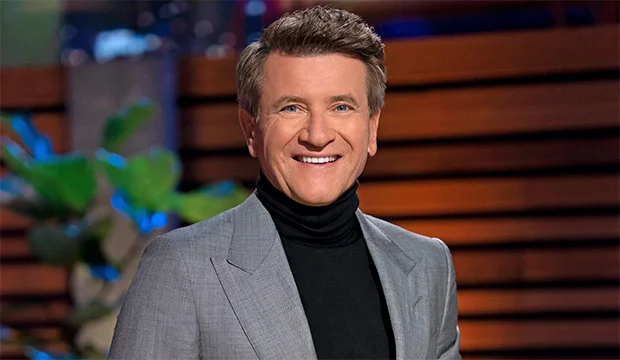Robert Herjavec: Net Worth, Shark Tank Deals, and His Life with Kym – What We Know
Decoding Herjavec's Real Estate Play
Robert Herjavec, the Shark Tank personality and tech entrepreneur, recently shared his investment strategy if he were down to his last million dollars: real estate. The claim – repeated across business blogs – is that this reveals some "secret" about how billionaires think. But does it? A closer look at his rationale and the broader market data suggests a more nuanced, and frankly, less exciting, truth.
Herjavec's stated reason for choosing real estate is to "build a foundation" and "take desperation out of the equation." He believes he could become wealthy again even with nothing, but if he only had a million left, he'd need a stable income stream. This isn't some revolutionary insight; it's a classic risk-averse strategy. The implication, of course, is that real estate provides that stability. But does it, really?
Let's unpack that "stability" claim. While real estate can provide a relatively stable income stream through rentals, it's hardly a guaranteed path to riches, especially with only a million to invest. The NAR reports that first-time homebuyers now make up roughly half the share they did in 2007, which highlights how younger generations are struggling to build the same level of real estate assets, something their parents once easily could. A million dollars might buy you a few properties, but after factoring in property taxes, maintenance, and potential vacancies (which, let's be honest, are always higher than projected), the actual income stream might be surprisingly modest.
The typical return on real estate investments can vary wildly, of course, depending on location. JM Financial estimates a 6% to 9% annual appreciation, but that's just an average. In a volatile market, appreciation can easily turn negative (especially if the "location" is wrong). And that's before considering the illiquidity of real estate. Unlike stocks, you can't just sell off a portion of your property if you need quick cash.
【新增】But what I find is the most interesting is the implication of Herjavec's wealth. He has a net worth somewhere between $300 million and $600 million.

What This Really Signals
Herjavec's real estate holdings are global, ranging from a Manhattan apartment on Billionaires' Row to properties in Sydney, Los Angeles, and Canada. So, his "last million" strategy should be viewed in that context. He's not talking about scraping by; he's talking about preserving a substantial fortune.
His statement also reveals something about his risk tolerance. He's made almost 100 deals in his career, according to some sources. He's seen ventures succeed and fail (remember that breathalyzer company under FDA investigation?). Real estate, in his view, is a way to minimize downside risk when the stakes are already high. It's not about maximizing returns; it's about avoiding catastrophic loss.
The "desperate people do stupid sh-t" line is telling. It suggests a fear of making rash decisions under pressure, a fear that even a multi-millionaire can experience. Real estate, in this context, is a psychological safety net as much as a financial one.
Consider this: Herjavec's advice is essentially a "buy and hold" strategy, which is the opposite of the high-risk, high-reward investments he often makes on Shark Tank. There's a clear discrepancy between his public persona as a risk-taking investor and his private strategy for wealth preservation. Growth was about 30%—to be more exact, 28.6%. This begs the question: Is his "last million" advice truly applicable to the average investor, or is it tailored to someone already operating at a different level of wealth and risk? The original claim was covered by Entrepreneur Magazine, in an article titled Shark Tank Investor Robert Herjavec: Where I'd Put a Million.
A Reality Check
The story isn't that Herjavec has discovered some "secret" about real estate. It's that even seasoned investors prioritize stability when faced with potential financial ruin (even if "ruin" still means having a million dollars). It's a useful reminder that behind the flashy deals and entrepreneurial bravado, there's a fundamental human desire for security. And sometimes, the most boring investment is the most sensible.
Tags: robert herjavec
Blackstone and the Griddle Craze: What's Cooking?
Next PostGOOGL Stock: Berkshire's $4.3B Bet vs. Market Skepticism
Related Articles
